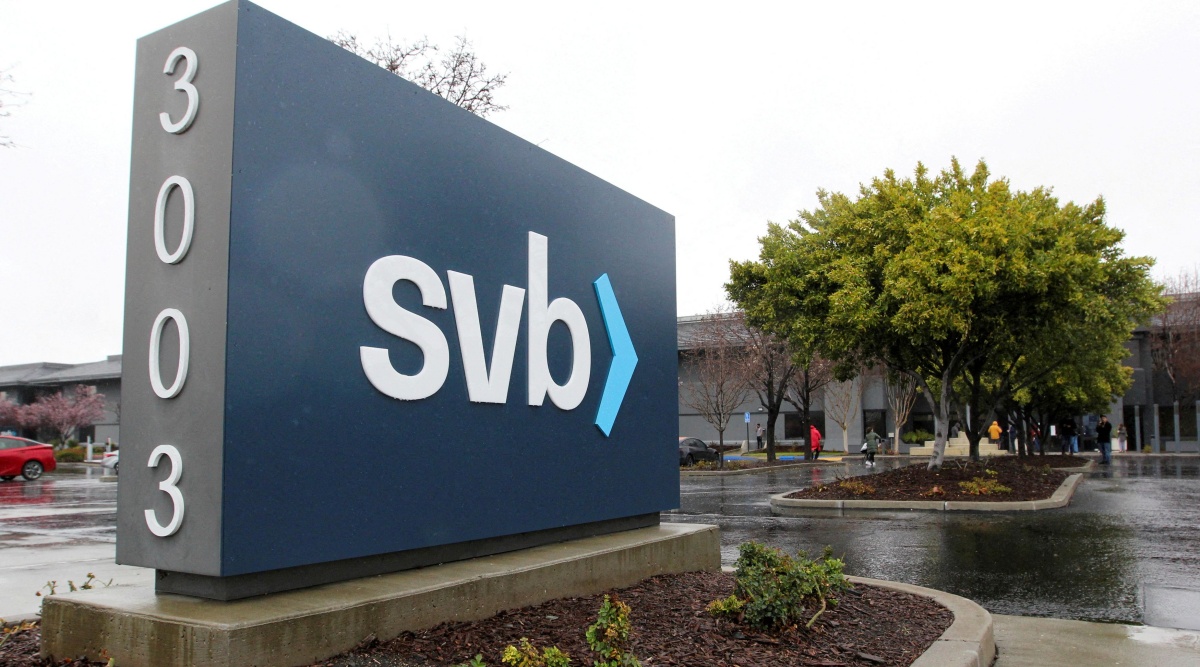
Union Minister of State for Electronics and IT Rajeev Chandrasekhar will meet representatives of Indian start-ups affected by the collapse of the troubled Silicon Valley Bank (SVB) to understand how it has impacted them and how the government can help.
“A few start-ups have reached out to me, and there is a general worry. Prime Minister Narendra Modi’s vision of India’s ‘techade’ has a big role for the success of our start-ups and innovation ecosystem. We want to be supportive of our young Indians in whatever way we can. We won’t let the SVB failure slow their growth,” Chandrasekhar told The Indian Express. He is also the Minister of State for Skill Development and Entrepreneurship.
On Friday, The Indian Express reported how the collapse of the SVB sent shockwaves across the Indian start-up community given that a number of them are customers of the bank.
The tech industry is the biggest customer of SVB with a large number of Indian start-ups, especially in the SaaS (Software as a Service) sector that services US clients having accounts at the bank.
As of December 2022, SVB had $209 billion in total assets and about $175 billion in total deposits. In a press release, the Federal Deposit Insurance Corporation (FDIC) said that depositors will have access to their insured deposits — capped at $250,000 — by Monday (March 13). However, data submitted to the FDIC by the bank at the end of 2022 showed that 89 per cent of its $175 billion in deposits were uninsured. The bank’s crisis set off a turmoil in global markets, including in India.
Advertisement
Depositors with funds exceeding insurance caps will get receivership certificates for their uninsured balances, meaning businesses with big deposits stuck in the bank are unlikely to get their money out soon. This is where the real problem lies.
In a poll run on the WhatsApp group of Indian founders whose start-ups were incubated by the US-based technology start-up accelerator YCombinator (YC), a majority of the founders said they had more than $250,000 with SVB, with some having parked more than $1 million in their SVB accounts. SVB was also a preferred personal banker for several ultra high-net-worth individuals (UHNWI) in the technology space.
Advertisement
The crisis at the bank began after it sold substantially all of its available-for-sale securities at a $1.8-billion loss, mostly in the form of US Treasury securities.
Union MoS Rajeev Chandrasekhar to meet Indian start-ups hit by Silicon Valley Bank collapse - The Indian Express
Read More

No comments:
Post a Comment